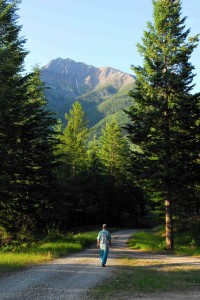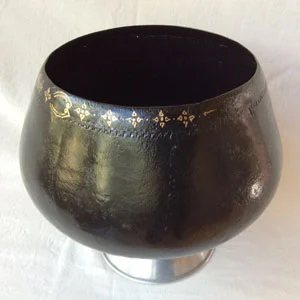
In the same way, who we are and what we do are continuously undergoing changes; however, we persist in perceiving ourselves as a fixed, permanent ‘me’.
If we try and define this ‘me’, we do so by our deeds, words and thoughts (body, speech and mind). But since these are constantly changing also, where is the fixed ‘me’? Many of us define ourselves by what we believe; if we change our beliefs does the ‘me’ disappear or become a different one?
The closer we look, the more clearly we’ll find that in fact there is no fixed, permanent sense of self. We are all a landscape of shifting sands! Identity is thinking the dunes are permanent, and suffering is inherent to this kind of perception. Awakening is entering into the flow of this shifting, and great freedom lies here.
Some of us may think, ‘But I am the sand, not the dunes’, and we need to remember that sand is merely the latest manifestation of what used to be rocks. Others may say, ‘But there is the soul — that’s what I am’. If we try to describe what ‘soul’ is, we are left with such a vague and nondescript definition that it could be anyone … and therefore really doesn’t make a ‘me’.
Awakening is the acceptance of this fact: there is no fixed, lasting, solid thing called ‘me’. The ‘me’ is a label on the wind, a dew drop in the sun, a breath vanishing in the air. It is true that another breath follows, but it is not the same as the last one.
Awakening is the acceptance and understanding that we don’t breathe. Breathing does us.
By Doug Duncan and Catherine Pawasarat.

